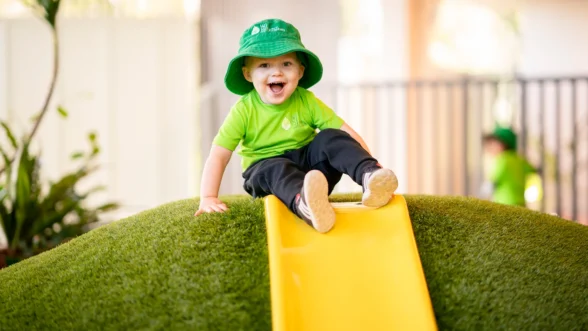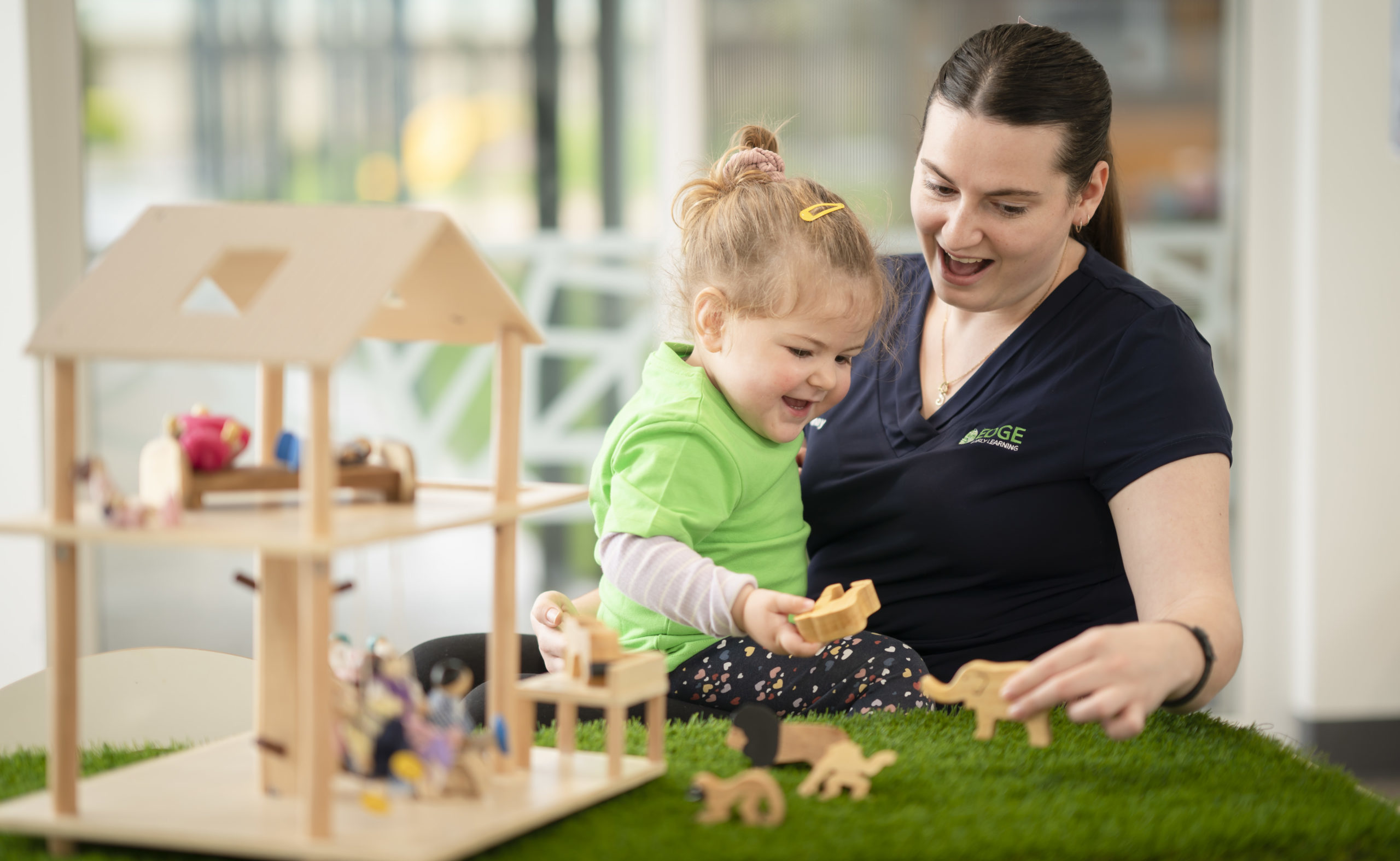
Education, Wellbeing
Education, Top News, Useful tools
13 December, 2026

Your child’s early years are some of their most important, particularly when it comes to health and development. Experts believe that the brain grows rapidly between the gestational and early childhood years, and though it continues to develop into adulthood, these early years really can set your child up for success. These are the years where your children will start learning literacy (for example, by using words to describe pictures and objects, identifying letters, and understanding sounds) and numeracy (comparing sizes, grouping items by their similarities, counting objects, and dividing toys or food). This type of learning is believed to primarily happen through watching and experiencing learning opportunities in action, and early learning is one of the best ways to provide your child with these kinds of opportunities.
The early childhood years can be fundamental for inspiring a love of learning in your children, which will help them not only in primary and high school but in their adult years, too. At this age, children learn from their activities, experiences, and their environment – and engaging young children in enriching activities, experiences, and environments is what early learning is all about. Carers have an in-depth understanding of how to support and encourage early childhood education and use this knowledge to inspire positive attitudes to learning. At Edge, this means inquiry-based approaches that are largely led by the child and supported by the carers, helping your child understand that learning isn’t just rewarding – it’s also fun.
Prior to starting childcare, routine is largely a foreign concept to children. In fact, between naps, snacks, and nappy changes, everyone is pretty much living by the child’s routine. Early learning provides an invaluable opportunity for your child to understand how to work within routines, and their importance, in a positive way. Experts say that children look to their surroundings for cues on what to do and how to act, whether that be checking for surrounding adults’ reactions if they fall over or copying their siblings. Early learning implements routines in order to encourage children to learn from one another. Children have opportunities to eat, read, sleep and play with their peers in a supportive environment, and in doing so they can better learn the healthy habits that will see them through into their adult years. This can include better concentration, sleep, confidence and self-esteem, social skills, movement and coordination, and nutrition.
Much of the early childhood education curriculum is underpinned by play, but this isn’t purely for entertainment – it is through play that children develop physical, intellectual, creative, social, and emotional skills they need before they enter primary school. Experts agree that school readiness comes from a number of factors, including feeling socially, emotionally, and physically ready to behave appropriately; developing their knowledge, skills, and understanding across all kinds of learning; showing initiative and making decisions; developing concentration; playing and working cooperatively; practicing healthy habits; and following instructions (just to name a few). The Edge Early Learning program focuses on four key development goals that encompass these essential skills. Our kindergarten children learn how to: take part in conversations, tell stories, and use adult forms of speech; enjoy playing, sharing, and cooperating with other children; hop, jump and run with ease, and climb with alternating feet; increase their attention span, memory, and recall.
Emotional readiness, as distinct from school readiness, focuses on a child’s understanding of who they are, their feelings, and how they interact with others. In the early childhood years, children begin to develop relationships, express their emotions and display their curiosity. Through early learning, children are not only able but encouraged, to do this in a safe and supported environment. They are also given opportunities to improve their social and emotional development with peers and carers, helping them shape their understanding of their place in the world. This has a direct link to self-confidence, empathy, resilience, and friendships, which are all focuses of the Edge curriculum for babies, toddlers, and kindergarteners. Research shows that the biggest determinants of academic achievement and success later in life are social and emotional readiness.
As a parent, it is important you do your research when looking for an early learning centre. Some ways of doing this might include reading the centre’s philosophy (typically found on their website), chatting to other families who go there, and talking with the staff. Meet the educators and ask how they will educate your child, what will happen if your child is sick, what their point of difference is and what you and your child should do to prepare for the first day.
Limited vacancies are available across all Edge Early Learning centres. Find a centre near you and book a tour so that you can meet the educators and experience the centre prior to enrolling.